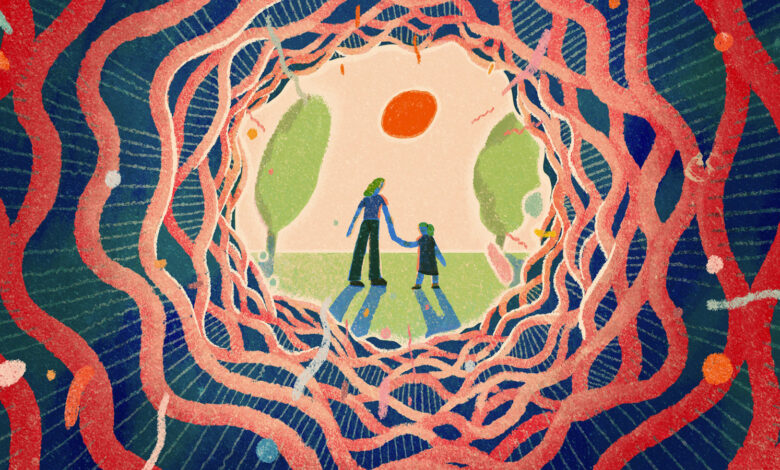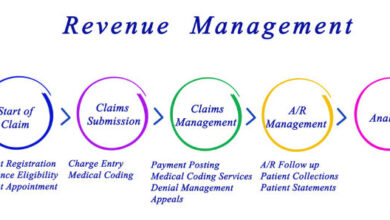Will a Fertility Doctor Help Me Treat Genetic Diseases?

If you are considering having a child and have a family history of genetic illnesses, talk to a fertility doctor before trying to conceive. Fertility specialists are experts in reproductive health and can help you understand underlying genetic conditions and develop a personalized treatment plan. A fertility specialist may be able to determine your likelihood of transferring hereditary illnesses to your baby and suggest the appropriate genetic testing. Here is more information about fertility doctors and genetic diseases:
What Are Genetic Diseases?
Genetic diseases result from mutations in our genes, altering their normal functions. These mutations can be inherited from parents or occur spontaneously. Genes contain DNA instructions that guide our body’s processes and traits. Changes in these instructions can lead to various disorders, such as cystic fibrosis and hemophilia. Chromosomal genetic diseases affect the structure of chromosomes, causing missing or duplicated genetic material. Complex diseases arise from gene mutations and other factors like diet or chemicals. Single-gene disorders stem from mutations in one specific gene.
The symptoms of these diseases vary based on the disorder and affected organs. Common symptoms of genetic diseases include cognitive issues, developmental delays, and breathing problems. Diagnosis of a genetic disease involves genetic testing, which is recommended for individuals with a family history of the disorder. Though many genetic diseases lack a cure, treatments can help manage symptoms and improve quality of life. A fertility doctor may help individuals understand the risks of conceiving a child if they carry genetic disorders, helping individuals and couples make informed decisions.
Can a Fertility Doctor Treat Genetic Diseases?
Genetic disorders stem from gene changes in the body’s cells, affecting various systems. While complete cures are rare, management and treatment strategies exist for some associated symptoms. For inborn errors of metabolism, a condition caused by genetic changes affecting enzyme production, treatments can involve dietary adjustments or enzyme replacement. Dietary changes help prevent toxic buildup, while enzyme therapy compensates for shortages.
Genetic heart defects may require surgery or transplants. Sickle cell disease, a condition affecting blood cell formation, may benefit from bone marrow transplants, averting pain episodes. Individuals with BRCA1 and BRCA2 mutations linked to familial breast cancer can manaeg the risks with more frequent cancer screenings or preemptive surgeries. Severe genetic disorders may be incompatible with new life, causing miscarriages or infant mortality. An experimental treatment method, gene therapy, focuses on altering genes to treat some of these diseases.
How Do Fertility Specialists Reduce the Risk of Genetic Diseases?
Fertility doctors play a significant role in mitigating the risk of genetic diseases in prospective parents’ offspring. Doctors use advanced techniques to help couples with known genetic risks have healthy children. Genetic risk assessment involves specialists examining the genetic history of couples seeking to conceive. They identify individuals with a heightened risk of passing genetic conditions to their children to inform the need for specialized interventions.
For couples with known genetic risks, a doctor may recommend in vitro fertilization (IVF). During IVF, eggs and sperm are combined outside the womb to create viable embryos. This process enables doctors to examine embryos for genetic abnormalities before implantation. Preimplantation genetic testing (PGT) is a key component of IVF that enhances the selection of healthy embryos. This reduces the likelihood of parents passing on inherited diseases. Specialists can counsel the couples and inform them of each step of the IVF and PGT processes to help understand the potential outcomes.
Meet With a Fertility Doctor
A fertility doctor can help you understand your risk of passing on genetic diseases to your child and recommend options to reduce the risk. Each couple’s genetic profile is unique, and fertility specialists can create personalized treatment plans based on their specific genetic risks. This tailored approach helps reduce the chances of parents passing genetic diseases on to their children. Genetic diseases can be complex or single-gene disorders. While there is no cure for most genetic diseases, treatments can help individuals manage symptoms and improve their quality of life. If you think you may have a genetic disease and want to conceive, schedule an appointment with a fertility specialist. They can help you make informed decisions about your options and increase your chances of having a healthy child. Contact your fertility doctor today to learn more about how they can help prevent and treat genetic diseases.



